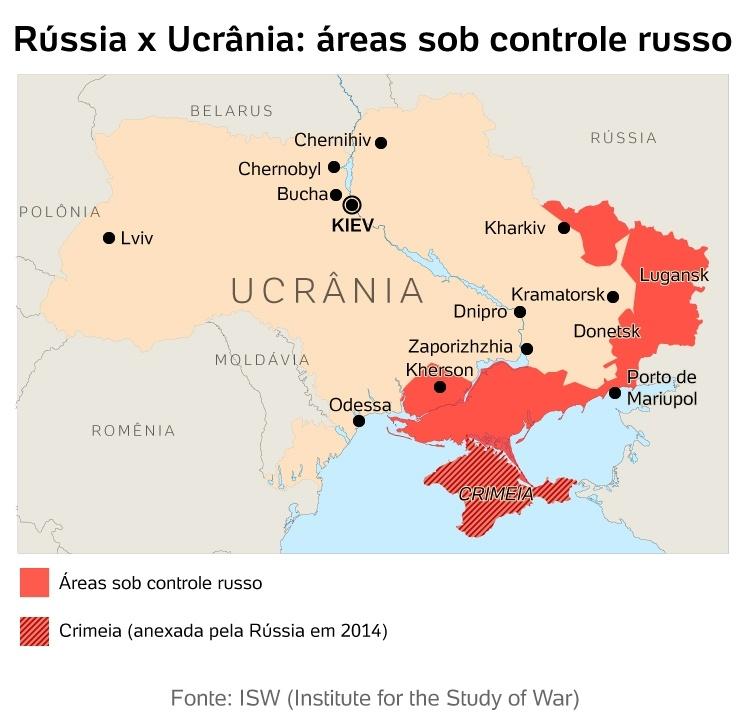The Russian offensive in Ukraine continues. After four months of war, Vladimir Putin’s army seems to be struggling to find new recruits. According to a report by France Info radio, the Wagner paramilitary group is offering ordinary prisoners a reduced sentence in exchange for fighting for Russia.
The so-called Wagner group does not officially exist, but its members act in parallel in conflicts involving Russia or its allies. In St Petersburg’s Obukhovo prison, militias are campaigning for recruitment, France Info said. Information spreading rapidly among the detainees: Those who want to fight for six months on the war front in Ukraine can have their sentences reduced.
For a Russian woman whose boyfriend was sentenced in this prison for illegal drug trafficking, the reduction might even be a total amnesty. She overheard the proposal of a friend of another inmate, and her boyfriend confirmed that they were “all they talked” at that prison.

Fierce fighting in eastern Ukraine
At least 15 people were killed in attacks on a building Sunday in Chasiv Yar, north of Donetsk. More than 20 people may still be under the rubble, according to rescuers who fear the death toll will rise.
“We’re being used as cannonballs,” a former mercenary told TV France 2 in an interview in May. Marat Gabidullin, 48, was jailed for three years for murder when he heard about the Wagner band.
Marat enlisted and fought alongside pro-Russians in Donbass in 2015 and later in Kremlin ally Syria. The war pay was pretty attractive, ? 3 thousand. His story essentially became a book in which he criticizes Dmitri Outikine, the supposed leader of the Wagner group, and is described as a person who acts outside the law without any moral principles.
Another documentary, “Wagner, the army of Putin’s shadow”, was screened in France at France 5 in February, a few days before the start of the war in Ukraine. The report examines the functioning of the Russian paramilitary group and its actions in Libya, the Central African Republic and Mali.
The documentary references the Wagner group’s violent practices: extrajudicial killings, rapes, confiscation of victims’ property, and espionage. Ksenia Bolchokova, co-director of the documentary with Anne Jousset, says the development of the Wagner network has three pillars: war, enrichment and disinformation.
In the context of strained relations between Paris and Bamako, France finalized its military withdrawal from Mali in June, after nine years of mobilization under pressure from the military junta, which has been in power since August 2020. The French government and its allies accuse the Mali junta of resorting to controversial mercenaries from the Wagner company, which the African country’s authorities present as Russian trainers.
(With information from AFP)
source: Noticias
[author_name]